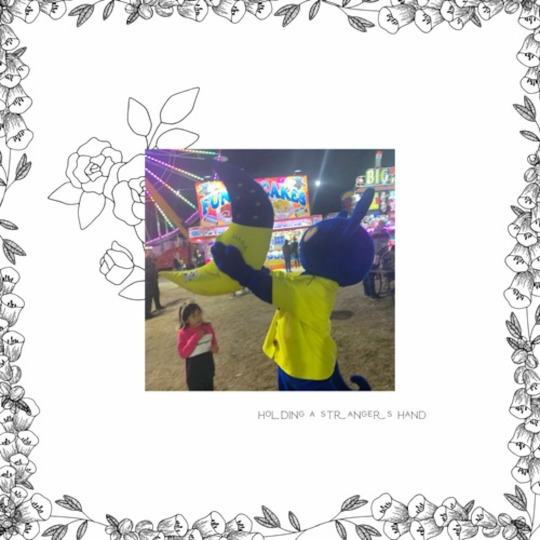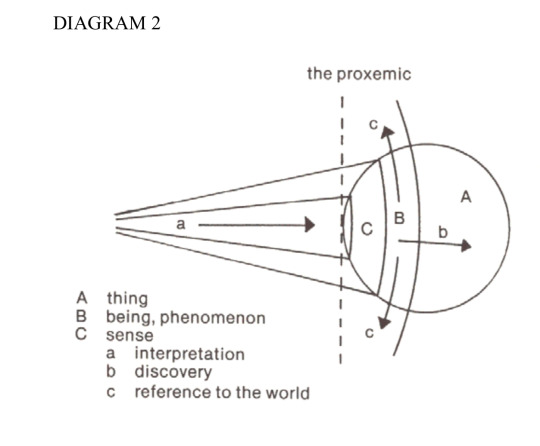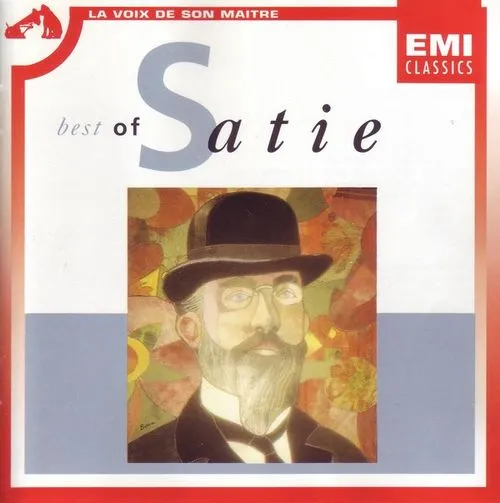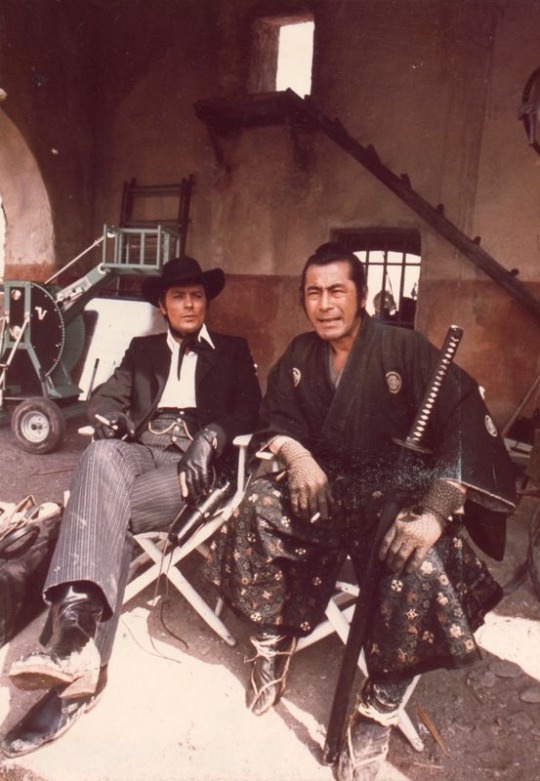#western classical
Text
🎼 JRPG Orchestral Meets Regal Western Classical 🎶
Happy weekend everyone! 👑
This week, I finished a piece for a project orchestrated to capture the description above. I loved sprinkling in trills and giving the brass fanfare, but what I am most proud of is the structure of the piece from start to finish
What do you think?
#game audio#game dev#indie game#indie dev#vgm#screenshotsaturday#screenshot saturday#jrpg#orchestra#jrpg orchestra#western classical#regal
74 notes
·
View notes
Text
so i'm getting professional western-classical singing training from a belarusian man with decades of experience in opera this is my life now i am getting a degree in this.
11 notes
·
View notes
Video
youtube
Roland Marais: Pièces de viole, Deuxième livre: Troisième suite: I. Prélude, Le Logerot
4 notes
·
View notes
Text

Rafael Romero Barros (Spanish, 1832-1895)
Still life with oranges, 1863
#Rafael Romero Barros#spanish art#spanish#hispanic#latin#still life#bodegon#1800s#art#fine art#european art#classical art#europe#european#oil painting#fine arts#western civilization#europa#mediterranean#southern europe#traditional art#painting#oranges#orange#harvest#spring
9K notes
·
View notes
Text
Various Artists – A Clockwork Orange
Various Artists – A Clockwork Orange
Germany / USA / Italy / UK, 1990, film soundtrack / Western classical
Wendy/Walter Carlos is like some kind of forerunner to Sufjan Stevens, rendering the beauty of traditional music into mechanized, synthesized, glitchy glory. My opinion is no doubt colored by the film itself, but this music is simultaneously uplifting and ominous. Except for “Timestamps”. That shit is straight-up terrifying……
youtube
View On WordPress
0 notes
Text

#aisha clanclan#星方武侠アウトロースター#outlaw star#ols#🔮☆gif.#🚀☆ols.#90s anime#classic anime#dailyanimatedgifs#animeedit#space western#fyanimegifs#dailyanime#seinenedit#oldanimeedit#toonami#tw flashing
535 notes
·
View notes
Photo

Astromeda - Holding a Stranger’s Hand
(Modern Classical, Ambient, Post-Rock)
Conner Bailey revives his Astromeda project for another album, a gorgeous and elegant ode to his mother that utilizes more instruments, longer pieces, and most importantly more heart. Holding a Stranger's Hand is another graceful development on Bailey's sound, proving he is one of the few artists out there who can improve on the same format again and again.
☆☆☆☆☆
Holding a Stranger’s Hand releases June 30.
Whether this is his encore or a full return to the Astromeda name, it's wonderful to have Conner Bailey back. While he officially ended his neoclassical work under the Astromeda name with his January opus These Situations, it's a moniker that will always be a sort of home for him - the place where his growth as a musician began and where many of his major accomplishments lie. While he did release another album in April, Starkiller under the name Dieudonne, an album as personal and sentimental as Holding a Stranger's Hand could never be put out under that name; for an album like this one, he had no choice but to bring Astromeda back to life. And by all metrics, that's only a good thing. Though it follows the same format as his four previous Astromeda records, Holding a Stranger's Hand sets itself apart by being gentler and more sensitive, taking more influences from post-rock and electronica to help vary the peaks and valleys of these largely orchestral pieces, and as a result (like all his previous projects), it's incredibly hard to find any major flaws with what he's doing here. Sure, you've heard tons of songs from Bailey like this before, but when he makes them so distinct and lovely each time it's hard to complain about the end results.
Dedicated to Bailey's mother, Holding a Stranger's Hand is by far his most important album to date, by design his most heartfelt and emotional project, and the music carries that spirit as beautifully as always. Across these 10 spellbinding pieces, Bailey keeps his rich composition work intact while sneaking in new elements to it, the same way he did with the jazzier blends of These Situations or drum 'n' bass on This Is Not What You Do, but this time around that extra bite is found in instrumentation that fits more snugly into these big orchestral songs. He utilizes a sweeping tremolo guitar on album single Spaceship, calling to mind the sound of post-rock bands like Godspeed You! Black Emperor or Sigur Rós that take advantage of string instrumentation in a similar way, a twinkling music box appears on more than a few tracks as a recurring instrumental motif, there's even some brain-tingling electronic drum pads on back-end highlight Serendipity that remind me of Boards of Canada's cerebral downtempo work more than anything else. What ties it all together, though, is that signature Astromeda elegance: how alone together builds off a simple piano progression with shimmering harpsichord and strings that feel like they're hugging you tighter as Bailey layers each line on top of the next, or how the penultimate Shinestar utilizes the nakedness of a bare acoustic guitar to set an intimate mood he's able to further accentuate with nostalgia background recordings and rustic string work. And though Holding a Stranger's Hand is less intense than any of Bailey's previous projects - there's only a few huge instrumental swells on the album and they are all incredibly memorable for it - but by taking things a bit slower, he's able to get you deeper into his world than ever before, making it even easier than it already for his heart to reach toward you and make you feel every joy and hope and sorrow within him.
What really makes Holding a Stranger's Hand work so well, though, is that it proves again Bailey's music is evergreen. While his previous four albums were proof enough that he could take an idea and continually add new elements to it each time without sacrificing its original shape, Holding a Stranger's Hand exemplifies the fact that he doesn't always have to add new ideas in order for new projects to soar. By all metrics, a piece like Rosegrow isn't too far off from the melancholy piano pieces off Moonsea, but it's done once again so well here with the slowly increasing tempo and tender backing strings that it doesn't matter one bit that he's treading familiar ground (in fact, that return to the past might strengthen some of the album's thematic goals considering its focus on Bailey's love for his mother and everything she's done for him over the years). The album's magical finale The Great Gallery only includes one truly new element in his music, the inclusion of vocalist Misty Leah Bermudez for a fantastic new harmonic addition to the piece with her soulful singing and chilling crescendos, but otherwise it relies on the same marvelous builds and rich textural layerings his music has had since the start. Remarkably, it's one of his best pieces to date, a perfect way to close out the album as the strings shoot through their air like fireworks and Bailey centers himself on the lower side of the piano to bring a warmth and comfort to the piece that only gets better over its 12-minute runtime, a powerful rebuttal to the idea that you always have to try something new in order for your music to continue being good. Bailey knows where and how his music sounds best, and throughout Holding a Stranger's Hand he never falters in making pieces that are absolutely infallible in their quality and passion.
All in all, Holding a Stranger's Hand is another magical release from Bailey that gives him a perfect reason to revive the Astromeda name, be it just this once or for good. By getting closer to his earlier sound and remembering what made his music so touching in the first place, Bailey's been able to create another masterful album that shows once again just how caring and impressive he is as an artist, Holding a Stranger's Hand such an inherently heartfelt album that it's hard to not feel something from it as you let the music's delicate voice show you the way through Bailey's soul. While it's the least out there project he's put out yet, all the development he's made over the years shows itself in subtle ways, in how his compositions have grown in scope and he's allowed the music to bloom on its own terms, and noticing all those little things makes every listen to Holding a Stranger's Hand such a joy. While it might not assert itself as authoritatively as Bailey's other work, there's no reason Holding a Stranger's Hand should have to: it's absolutely perfect in its own florid and deeply sincere fashion.
#astromeda#holding a stranger's hand#self-released#ambient#chamber music#classical#modern classical#post-rock#western classical#2022#10/10
0 notes
Text

deadpool would go insane over their movie counterparts being ryan reynolds and pedro pascal under the masks
#web slinger#deadpool#spideypool#cowboy#patrick o'hara#across the spider verse#but not really#It's spideypool without the classic clash of morality because Patrick is willing to kill lmao#you just know deadpool is saying shit like "well my rootin' 'n tootin'#call me a wobblin' jaw yellow-belly but-#their fics are tagged 'improper use of western slang'#i havent decided if i'm going to ignore the atsv pedro design inspo aspect when i draw him or not#pool-slinger#art
1K notes
·
View notes
Text
Make Mozart and Beethoven rock for you
Make Mozart and Beethoven rock for you
Make Mozart and Beethoven rock for you
4 min read
The Good Life | Shoba Narayan
Make Mozart and Beethoven rock for you
For the last couple of years, I have been listening to symphonies, solos and concertos. What began as a lark has turned into an obsession. The problem is that I still haven’t cracked it. I am nowhere close to getting my arms around Mozart, Haydn and Verdi. I don’t mean in…

View On WordPress
#Beethovan#classical music#Lounge#mint lounge#Mozart#music#western classical#Western classical musicSymphoniesSolosConcertos#western music
0 notes
Text
Proxemics of the Performance Hall: Enrique Dussel's Philosophy of Liberation for Performance Art
"Meditations are what we seize upon in order to reach the final objective of our activity." (29) 2.3 MEDITATION, 2.3.1.1
Enrique Dussel takes us through the development of the Cartesian ego cogito to the western mindset of ego conquiro.
Proximity in both the physical and metaphysical sense is dictated by time. Something that is proxemic holds a "physical, existential closeness" and it's praxis (the realization/enactment/embodiment of a skill or theory) is how we approach proximity. Dussel writes,
"...in the immediacy of proximity itself, time becomes synchronic: my time is your time, our time; our time is your time..." (19) 2.1.5 Proximity, Timeless Synchrony, 2.1.5.2
In Philosophy of Liberation, proximity is described as a "festival" and an expression of the community. Dancing and music are expressions of "distinctiveness, originality, and creativity" (21) Archeological to Eschatological Proximity, 2.1.6.5. Düsseldorf argues that, if we want to have real liberation (which he terms as an 'epiphany') then we must look past our phenomenological, worldly, and referential perceptions to discover the true thing itself b-> A. The sense data we receive from a thing is subject first to interpretation a and then to our ability to reference it to the world c. But the epiphany of discovering A is approached through b when one is able to see through the being or phenomenon B towards the thing itself A.

Discovering Artistic Sensitivity:
In the performance practice of western classical music, a performer must become technically proficient in the piece of music that they practice. The right amount of artistic sensitivity (a personal interpretation of the piece) mud then by applied without straying too far from the composer's original intent.
There is also an etiquette in the western classical performance hall. A performer will often play for a community or 'jury' of adjudicators, students, professors, critics, etc. Instead of a "festival" of expression, the proxemic relationships of the western classical audience are formal, critical, and rigid. Physical movement, interaction, and appreciation within the audience is completely subdued, at least until the final cadence of the performance.
Becoming proxemic with the audience is the praxis of a performance artist. A performer can better interact with what the audience likes and dislikes and use this energy to their performative advantage (either as a soloist or member in an ensemble). When the performer breaks free of alienation from the audience, they become proxemic with the audience. Sub-genres in the Jazz community tend to be more proxemic with the audience in life performance.
Dussel's philosophy of liberation for the western classical musician would criticize critical nature of its performance hall. The 'festival' (concert) lacks the previously stated qualities of "distinctiveness, originality, and creativity". This is because the epiphanic expression of (b) -> A is prohibited. Thus, the only forms of proxemic expression are individualized.
#Enrique Dussel#Philosophy of Liberation#Western Classical#contemporary classical#Performance practice
1 note
·
View note
Text

End of the Road
captured on Nikon D3500
more on my Instagram
#photography#american gothic#photographers on tumblr#rural america#rural gothic#southern gothic#dark photography#gothic photography#classic cars#western gothic#americana#small town america#ethel cain#true detective#the last of us#my photos
294 notes
·
View notes
Text

#impressionism#modern classical#western classical music#1880s#1890s#1900s#1910s#1920s#france#poll#Spotify
117 notes
·
View notes
Text

William Adolphe Bouguereau (French, 1825-1905)
L'Amour et Psyché, 1899
#different colour and quality#not the ai fix version#l'amour et psyche#original quality#french art#french#france#mythological art#mythology#western civilization#1800s#William Adolphe Bouguereau#William Bouguereau#French painter#europe#French painting#European painting#European painter#classical art#fine art#greek mythology#L'amour et psyche#cupid and psyche#art#painting#oil painting#oil on canvas#flying#beautiful#beautiful art
2K notes
·
View notes
Text

Girl with a Tray
By William Powell Frith
#art#painting#fine art#classical art#beauty#english art#english painter#victorian#victorian art#portrait#female portrait#women#british art#british painter#english artist#victorian fashion#victorian era#european art#western art#western fashion
303 notes
·
View notes
Text



#urt#星方武侠アウトロースター#outlaw star#ols#🔮☆gif.#🚀☆ols.#90s anime#classic anime#dailyanimatedgifs#animeedit#space western#fyanimegifs#dailyanime#seinenedit#oldanimeedit#toonami#tw flashing
443 notes
·
View notes
Text

Alain Delon and Toshirō Mifune on the set of Red Sun (1971)
#alain delon#toshiro mifune#red sun#film#cinema#cowboy#samurai#actors#soleil rouge#sole rosso#spaghetti western#terence young#toshirō mifune#films#classic#western#cowboys#actor#photograph#japanese
722 notes
·
View notes